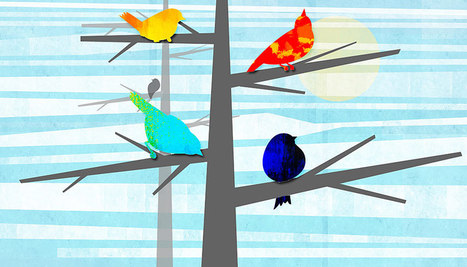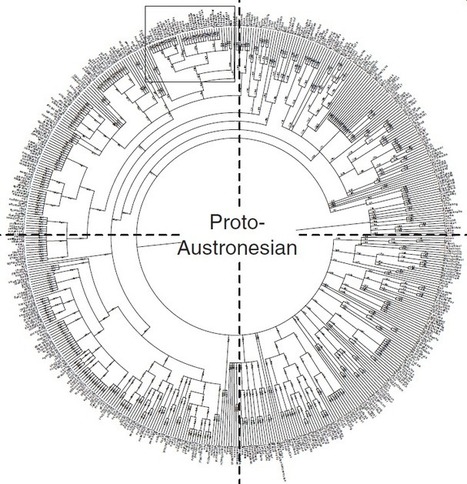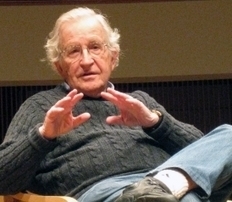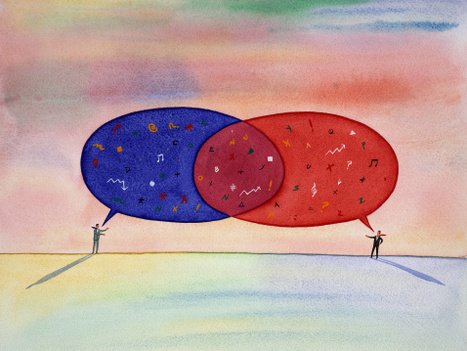With its complex interweaving of symbols, structure, and meaning, human language stands apart from other forms of animal communication. But where did it come from? A new paper suggests that researchers look to bird songs and monkey calls to understand how human language might have evolved from simpler, preexisting abilities.
Research and publish the best content.
Get Started for FREE
Sign up with Facebook Sign up with X
I don't have a Facebook or a X account
Already have an account: Login

 Your new post is loading... Your new post is loading...
 Your new post is loading... Your new post is loading...

Jayne Fenton Keane's curator insight,
February 24, 2013 6:19 PM
Language and savings? Interesting investigation. |
|




























